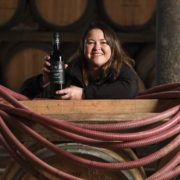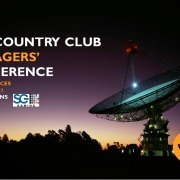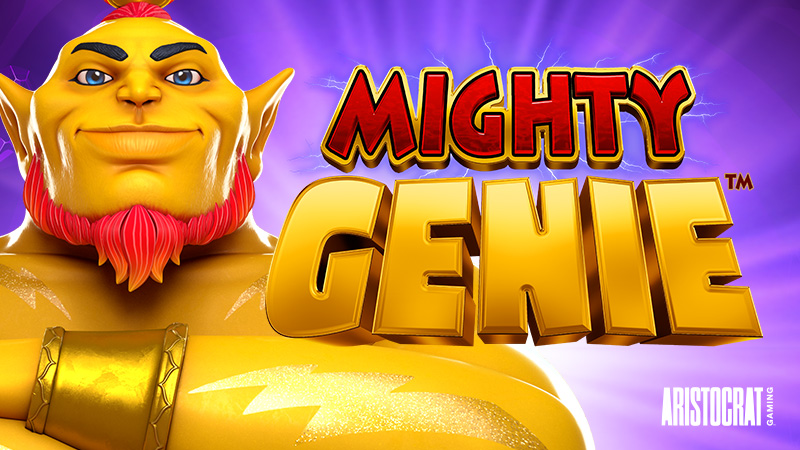6 INTERESTING CAFFEINE QUESTIONS ANSWERED
What is the ideal time to drink coffee?
The U.S. Department of Defence recommends that on average, the ideal time to drink coffee is between 9am and 10am. That is, you get the maximum impact of caffeine in terms of the functional benefits, and you minimise the effect of caffeine on your sleep. There’s also other research out there showing that the impact of caffeine varies based on when you yourself regularly consume caffeine. That is, your body adapts to the regular cycle of caffeine over time. Similarly, the likelihood of getting a caffeine headache will depending on how much coffee you regularly drink and the time of day that you drink it. Ultimately, everybody is different, so there’s no one perfect time of day to drink coffee that will be ideal.
How much caffeine is safe to drink?
The first big finding on this question was from an Australian group of researchers who had a look at how many cups of coffee it took to measurably change someone’s heart rate. Increased heart rate is one of the negative impacts that over-consumption of caffeine can have. They found that it took at least 8.5 cups of espresso coffee for the caffeine to have any kind of appreciable effect on the heart.
The effects were not measurable up to, and even a little bit beyond that point. The other way of looking at the safe consumption of coffee is to look at the safety data sheets for caffeine. According to this information, to get the equivalent amount of caffeine from coffee up to a toxic limit, you would need to drink about 25 litres of filter coffee. As you can imagine, I don’t think you would be able to physically hold the cup at that point!
Does caffeine extract first?
I have heard this statement a number of times in the coffee industry. This is the idea that caffeine extracts at a faster rate to the other compounds in coffee and effectively ‘runs out’ if the extraction is left long enough. The truth is: it doesn’t.
Whether we’re talking about espresso or filter coffee, caffeine is present fairly consistently across the entire extraction.
In fact, it’s only possible to extract about 20% of the caffeine available in coffee. In other words, after you’ve finished your extraction, both espresso and filter, you have about 80% of the caffeine still left inside the coffee grounds. So, while running an extraction longer does increase the amount of caffeine in the cup, you get it across the entire extraction.
Does decaf coffee contain caffeine?
Yes, it does. As we talked about earlier, it’s very hard to remove all of the caffeine from coffee, even with very selective and specific extraction processes. That said, most decaf coffees contain about between about one and 10% of the residual caffeine, inside the coffee, depending on the method. That’s still a lot less caffeine that’s available in coffee beforehand, and actually it’s about the same amount as in as in a hot chocolate. So clearly, it’s unlikely to affect you as much as a regular caffeinated coffee or tea for that matter.

Does espresso or filter coffee have more caffeine?
I’m talking here specifically about the different brewing methods. While espresso has a higher concentration of coffee, per serve, filter coffee (eg French press, drip filter, etc) typically has more caffeine per cup. The main reason is because you typically drink more filter coffee per cup than a standard espresso.
a double shot of espresso averages about 80 mg of caffeine versus around 125 milligrams in a 240ml (8oz) filter coffee.
The caveat to all this is, the exact amounts change significantly depending on the quantity of ground coffee, whether the blend contains Robusta, how much water you add when brewing and more. So the ‘80mg’ of caffeine quoted per double shot of espresso may in fact be 100mg. It could also be 70mg. It depends quite heavily on how you make it.
Does dark roast coffee have more caffeine?
People often say because dark roasted coffee tastes stronger, it’s got more caffeine. I’ve also heard the opposite: that because it’s been roasted darker, some of the caffeine has been ‘roasted off’. To the second statement first: it doesn’t. Caffeine is what’s considered a refractory molecule. This means that it doesn’t decompose or get ‘consumed’ on exposure to high temperatures. So, as far as roasting is concerned, you can’t ‘roast out’ the caffeine.
In terms of ‘are dark roasts stronger in caffeine’: as far as I’ve been able to find, the caffeine content between each of those coffees, assuming all of the origins are the same for those coffees, is identical between light, medium and dark roasted coffee. The solubility of caffeine seems to be only marginally affected by the presence of other coffee compounds in there. For sure, dark roasted coffee does taste stronger. It has been roasted longer and the material in that coffee is more soluble. So, it is stronger, but not in caffeine.
Source and references: https://www.sevenmiles.com.au/blogs/editorial/caffeine










